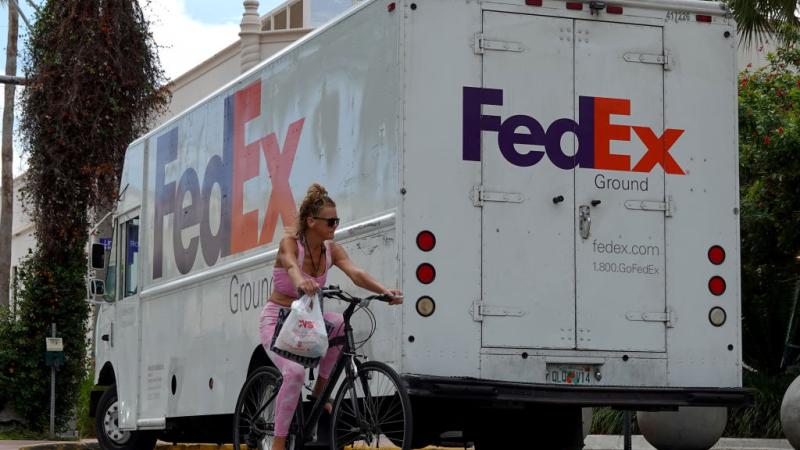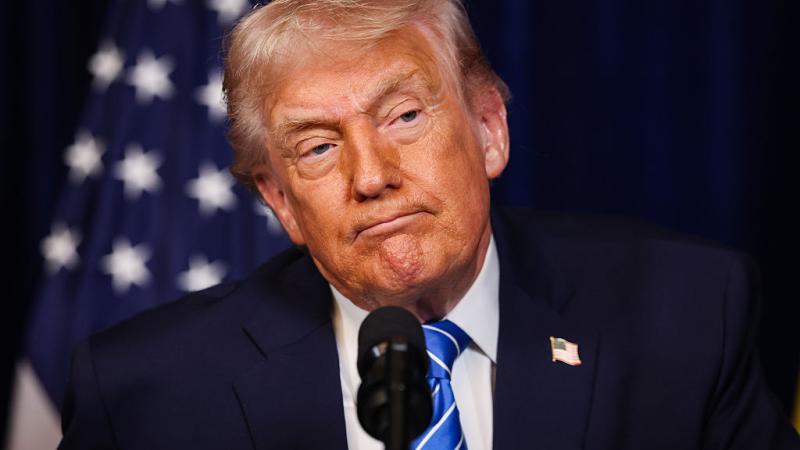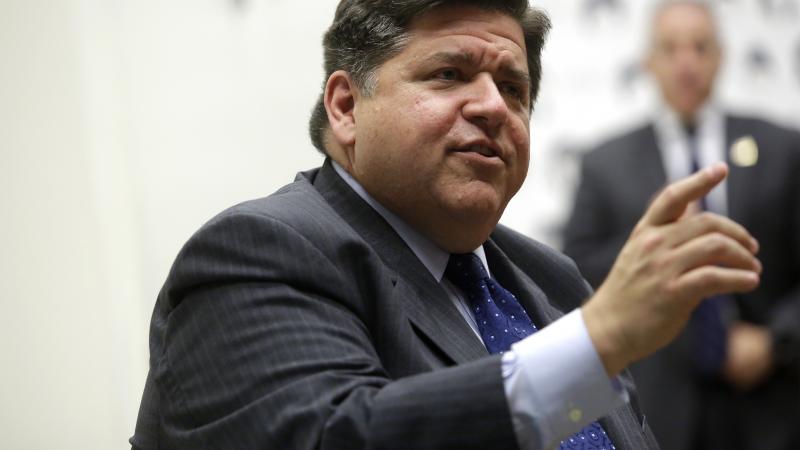Supreme Court declines to hear case over Michigan 2020 'fake electors'
Trump lost most of the swing states in 2020, though many Republicans, himself included, disputed the integrity of the contest in light of COVID-19-era mail-in voting procedures.
The U.S. Supreme Court declined to take up a case involving Michigan's prosecution of so-called "fake electors" who asserted that President Donald Trump won the state of Michigan in 2020.
Trump lost most of the swing states in 2020, though many Republicans, himself included, disputed the integrity of the contest in light of COVID-19-era mail-in voting procedures. Several state GOP groups submitted alternative slates of electors, insisting Trump won those states.
The court opted against hearing an appeal from Clifford James Frost, one of the alternative electors for Michigan, who has faced a criminal case from state Attorney General Dana Nessel over his involvement in the effort, The Hill reported.
Frost had alleged that Nessel brought the case out of political malice, saying “[s]he did so to retaliate against and/or punish the Republican Electors – all of whom are political opponents of the AG – for their unsuccessful efforts to protest the outcome of the election."
A state judge dismissed the charges earlier this year due to lack of evidence.
Ben Whedon is the Chief Political Correspondent at Just the News. Follow him on X.















